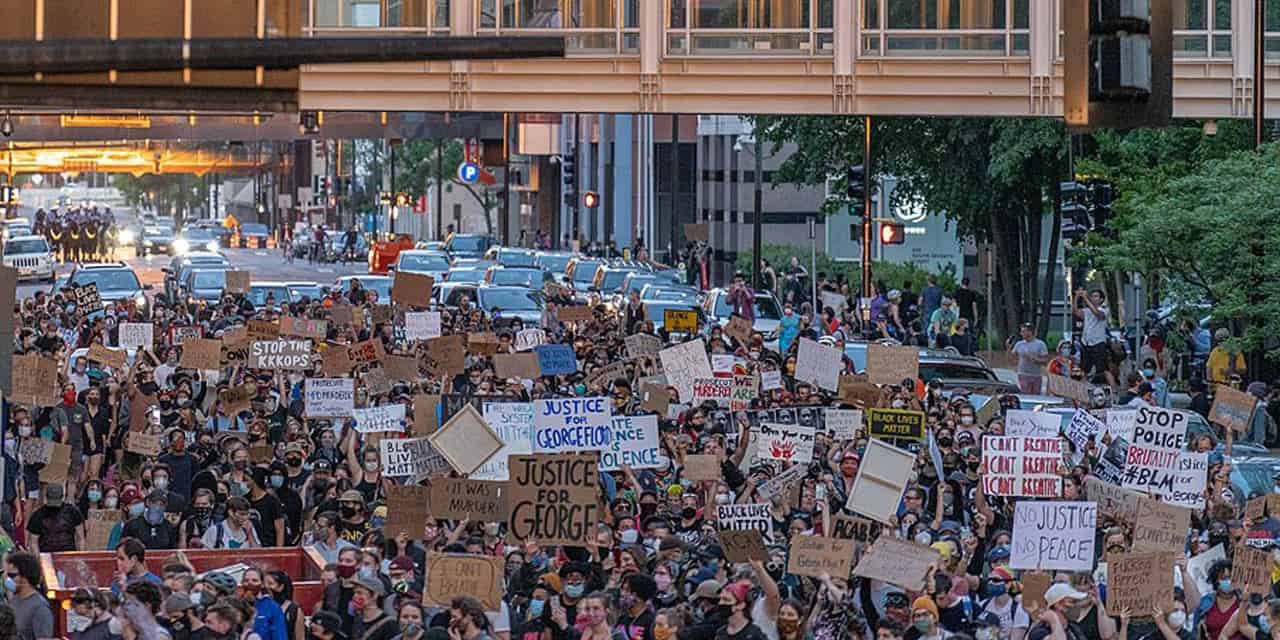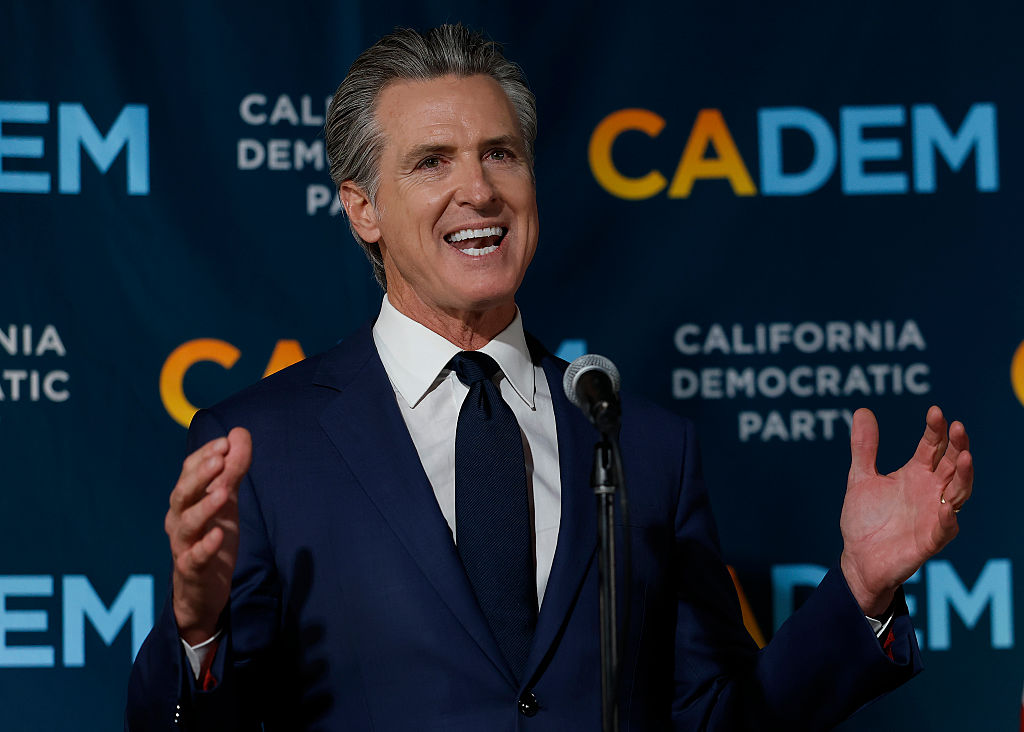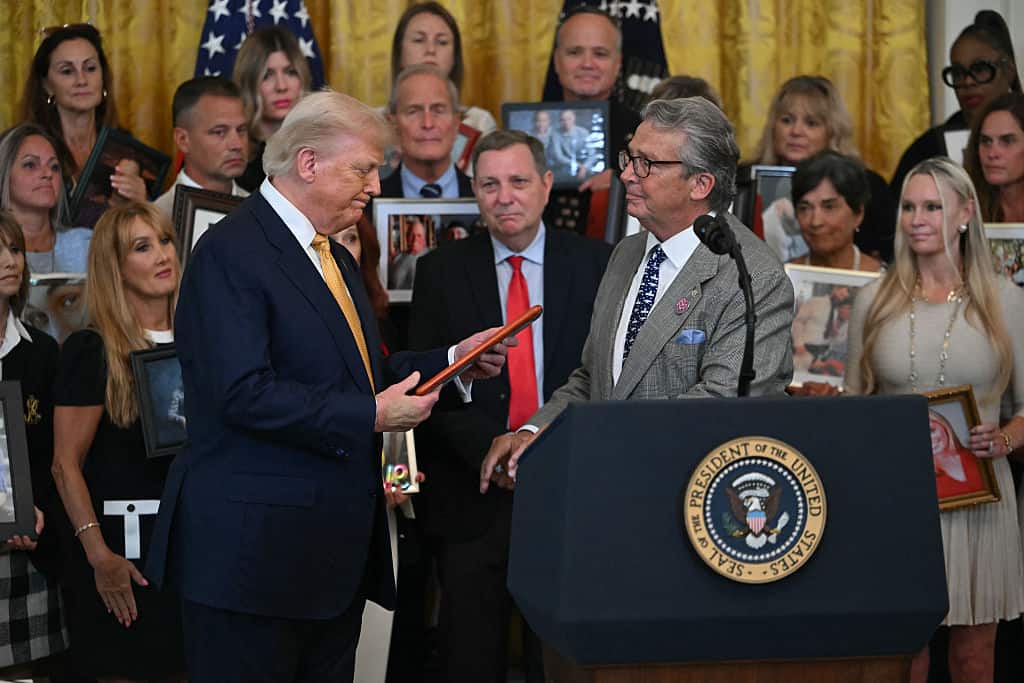Riots, Racism, and ‘Roots’

On Saturday evening I watched late television news coverage of the rioting in cities across the country following the officer-involved death of Mr. George Floyd in Minneapolis on May 26.
After watching as much of the mayhem as one could emotionally endure, I turned to a documentary on the history of television.
Only serendipity or Providence could have determined what I was about to watch, considering the unrest currently facing our country.
Ironically, the hour-long segment was devoted to the ways in which mini-series changed television, and the producers devoted most of the hour to ABC’s “Roots,” a groundbreaking, award-winning program that captured the nation’s attention in 1977.
“Roots” traced the ancestry of American writer Alex Haley back six generations to when his great, great, great, great grandfather was kidnapped in Africa and brought to America as a slave. As a litany of now famous African American actors and actresses discussed their excitement and pride in being able to participate in such a landmark event, I was drawn to two men in particular. I found their words amazingly timely for America today.
Two of the series lead actors, John Amos and Louis Gossett, Jr., spoke of the ongoing struggles of black men at the time of the show’s filming. Both rising personalities, Amos and Gossett endured instances of what is now known as “driving while black.”
Amos, who would go to become better known as the father on “Good Times,” was then-appearing as Gordy, the weatherman on CBS’s highly-rated “The Mary Tyler Moore Show.”
Despite his increasing notoriety and visibility, the actor recounted being stopped by San Fernando Valley police and getting choked to the point of passing out, then handcuffed, shackled and taken to the station. There the warrant officer asked for his autograph while he was being booked.
Amos’ telling included no other details about the circumstances surrounding the traffic stop, but I think I would have been outraged had I been in his shoes.
Gossett, later winning an Oscar for playing a Marine drill sergeant, talked of finally having enough acting gigs to move to L. A. in the mid-1960s and buy a nice car. One day he was repeatedly delayed while trying to drive for only two miles through Beverly Hills because he kept getting pulled over. He finally abandoned his car and started walking, but within twenty minutes was handcuffed to a tree for three hours.
These instances did not happen in the South, in Raleigh, Atlanta, or Birmingham, but in Los Angeles, the presumed bastion of forward thinking in America.
A black business associate once told me of being awakened and questioned for sleeping in his own car at a rest area. He had become tired while driving from Cincinnati to Columbus, Ohio, and did the wise thing by stopping to take a break.
My friend then explained to me “the talk” which he said many African American fathers have with sons as they come of age. If pulled over, dads tell them to immediately place their hands on the wheel, try to appear small, and answer every question politely.
Another black colleague told me that he has never been stopped in his hometown of Atlanta while driving his pick-up truck, but has been repeatedly pulled over in his Mercedes.
U.S. Senator Tim Scott of South Carolina was stopped six times in the same year while driving in his district during the days he served in the House of Representatives. And when he became a senator, Capitol Hill police requested to see his identification as he walked through the halls of one of the three Senate office buildings on way to his own office.
It’s impossible to know every detail surrounding these incidents. Law enforcement also has an increasingly difficult assignment these days. But imagine how it would feel to be stopped only because of how you look.
I once had that happen to me, as an early 30s white man, who wore a suit and tie to work every day.
One Saturday morning, I had been playing tennis and stopped by a Norfolk, Va. shopping mall on my way home from the courts. Wearing gym shorts and a T-shirt, I happened to walk into an upscale men’s clothing store. As I perused the rack of suits in my size, certainly not planning to try any on, I noted the store manager quietly positioning himself between me and the exit. There was no question in my mind as to why he did that. And it did not feel good.
The death of Mr. Floyd, which followed closely the murder of Ahmaud Aubrey by a white father and son in Georgia, has ignited widespread riots in America perhaps unlike never before. This truly is a time for peaceful protest marches, leaders from all races speaking out for justice. And let’s be clear. Those who would protest peacefully tried that, but they were overtaken by a mob of violent criminals.
Nothing condones the violence currently happening in the streets of America. Nothing justifies rioting and looting, or destroying the small businesses of struggling community leaders who are desperately trying to survive.
To quote Robert L. Woodson, longtime civil rights activist and African American spokesman: “Blacks end up suffering more when hostility to police makes it impossible to maintain urban order.”
Nothing calls for the breaking of windows, the setting of fires or the throwing of rocks and explosives. It’s never acceptable to assault news crews, destroy police cars, and cause physical harm to innocent bystanders
Make no mistake about it: the policeman who by all evidence took Mr. Floyd’s life will surely be prosecuted and judged, as will the men who killed Mr. Arbery.
Police put their lives on the line every single day when they leave their homes and wear a uniform. Nothing here is meant to disrespect or indict our great men and women in blue. We all should be thankful for them. And we should not judge the good of the whole by a bad minority of the parts. Officers across America agree that Mr. Floyd appeared to do nothing to merit losing his life, and that justice must be administered to the officer who caused his death. We all can understand that.
However, the issue of racism in America has deep roots, going back over 400 years, roots which grow from the heart and will not go away until we seek to understand each other. We must empathize with what it is like to walk in another’s shoes. And we must realize that we all are made in the image of our Creator and have no control over the color of our skin.
Until we do that, little will change.
Unlike those seeking to seize this contentious moment and make either political, financial, or criminal advances from it, Dr. Martin Luther King, Jr., believed in nonviolent protest, not riots. But he also knew that the issues of racism will not be fully solved until hearts are changed, as I will paraphrase his oft repeated statement:
I can pass a law to keep you from hanging me, but I can never pass a law to keep you from hating me.
Christians have a role to play in addressing the race, hate, and violence crises which face our country. We must set the example, show empathy, seek to understand others, pray for our country, and speak out.
Those rioting in the streets are not respecting the life of Mr. Floyd. May we all seek to do just that. May he rest in peace.
Photo from Flickr
ABOUT THE AUTHOR

Joel Vaughan is Chief of Staff for Focus on the Family. Before joining the ministry in 2003, he served as vice president of a political advertising firm in Washington, D.C., and spent nine years in various positions at the Christian Coalition. He holds a Master’s degree in biblical studies and an undergraduate degree in economics and business. Joel has served overseas with Mercy Ships and as a volunteer jail chaplain. He has lectured on grassroots politics at the university level and appeared on various radio talk shows. Joel is author of the book The Rise and Fall of the Christian Coalition: The Inside Story.
Related Posts

Governor Gavin Newsom Becomes a ‘Christian Nationalist’
November 6, 2025



